ONEX Logistics là công ty giao nhận, vận chuyển hàng hoá xuất nhập khẩu và khai báo hải quan, đặc biệt là ngành dược và thực phẩm, được thành lập bởi những chuyên gia trong ngành. Giấy phép kinh doanh số 0314434512 do Sở Kế Hoạch và Đầu Tư TP. Hồ Chí Minh cấp ngày 30 tháng 05 năm 2017.
Contact Us114 Đường Nguyễn Thị Nhung, Khu Đô Thị Vạn Phúc, Phường Hiệp Bình Phước, Thành phố Thủ Đức, Thành phố Hồ Chí Minh, Việt Nam
114 Đường Nguyễn Thị Nhung, Khu Đô Thị Vạn Phúc, Phường Hiệp Bình Phước, Thành phố Thủ Đức, Thành phố Hồ Chí Minh, Việt Nam




Valuation Consultation, also known as Value Verification Consultation, is a process conducted by customs authorities to re-evaluate the declared value of a company’s imported or exported goods. This process typically occurs when customs authorities suspect discrepancies in the declared value or when goods fall into a high-risk category concerning the reference prices set by the General Department of Customs.
Valuation consultation aims to assess compliance with legal requirements in declaring and determining customs value, ensuring accurate and complete tax collection for the state budget.

You May Be Interested: Certain high-risk import and export items regarding customs valuation.
Suppose you import an item valued at $100, which includes all costs from the purchase price to transportation and insurance. When declaring to customs, you will pay taxes based on the value of $100. However, if customs authorities suspect the declared value and request an increase (for example, from $100 to $120), you have two options:
– Agree to the Increased Value: You make additional declaration, pay additional taxes, and potentially face administrative fines (if any).
– Disagree: A valuation consultation process will be initiated to determine the accurate value.
The Director of the provincial or city Department of Customs has the authority to organize and be responsible for the valuation consultation, or they may authorize it to the Head of the Customs Sub-Department.
The timeframe for valuation consultation is 30 days from the date of customs declaration registration. During this period, businesses must closely monitor timelines to avoid having their value determined at the request of customs authorities.
A valuation consultation requires businesses to answer and provide evidence for numerous questions from customs authorities regarding the value of goods. Therefore, the staff attending should be well-prepared, ensuring both physical readiness (proper meals) and appropriate, comfortable attire. The most important is to bring all necessary documents, have a thorough understanding of import-export procedures, and remain confident and calm when facing challenging questions.
The preparation checklist includes:
ONEX Logistics understands that being assessed a value higher than the actual worth can create significant challenges for businesses. Some companies may declare the correct value but encounter discrepancies in documentation or invoicing, making it difficult to maintain the declared value during the consultation.
If the declared value is not upheld, the business not only faces tax reassessment but also risks administrative penalties, which can impact compliance ratings and increase pressure to adjust accounting records.

To thoroughly address this issue, ONEX Logistics fully understands the specific characteristics of our client’s industries, combining in-depth expertise in logistics, import-export, and customs procedures. We professionally represent businesses in valuation consultations with customs authorities, maximizing their rights and closely monitoring complaints when necessary.
With ONEX Logistics’ valuation consulting services, businesses can maintain their declared values and ensure strict compliance with tax obligations. We are committed to providing effective solutions that optimize costs and protect your interests throughout all import-export processes.
ONEX Logistics Team.
